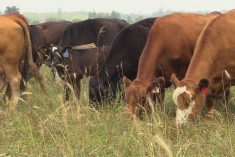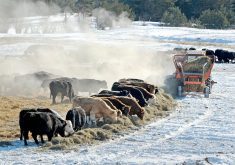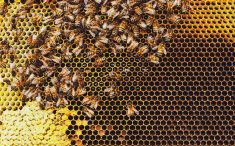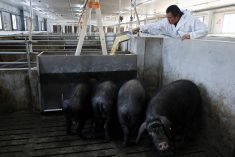Federal health officials tracking an E. coli O157:H7 outbreak linked to a British Columbia raw-milk cheese farm are now following 21 cases of illness in five provinces.
Canada’s Public Health Agency (PHAC) said Monday its list of E. coli-related illnesses pointing back to cheeses from Gort’s Gouda Cheese Farm of Salmon Arm, B.C., now includes nine cases each in B.C. and Alberta and one each in Quebec, Manitoba and Saskatchewan.
The onset of illness in the affected people came between July 7 and Sept. 8, so far peaking around Aug. 25, the agency said. All the cases of illness investigated so far appeared before the cheese products in question were recalled last week.
Read Also
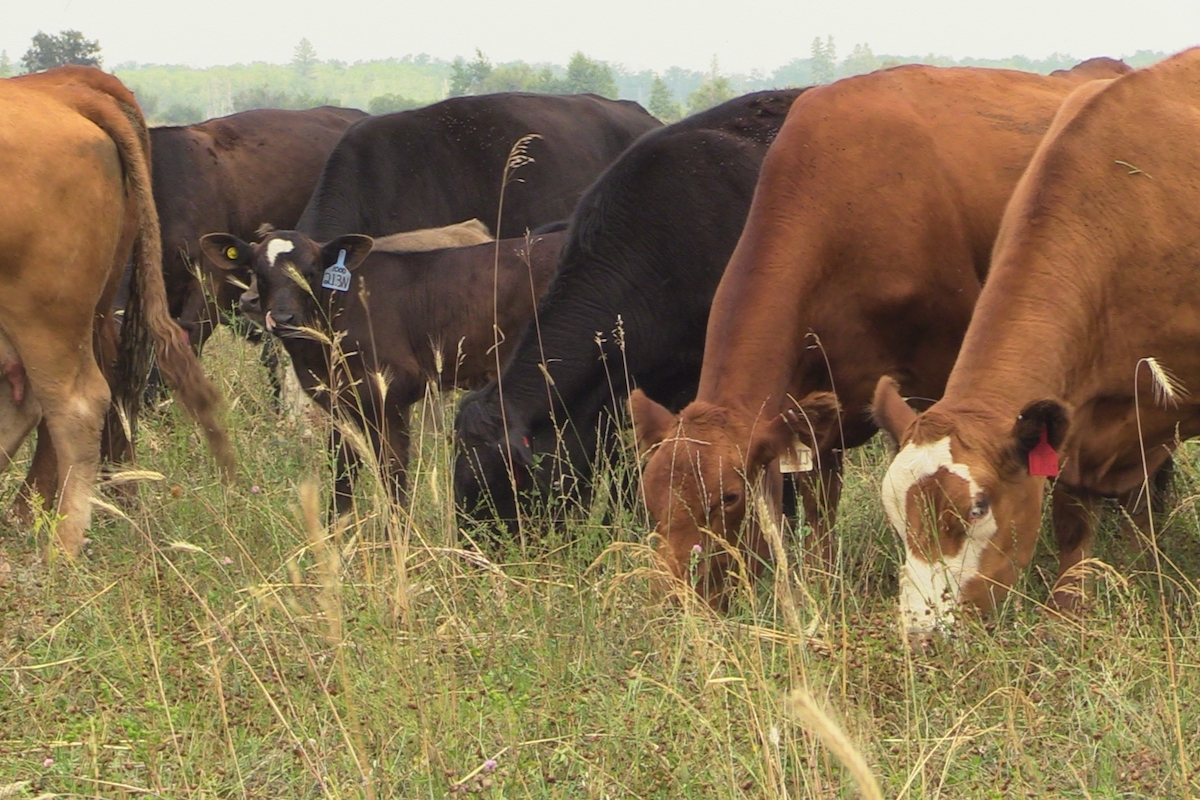
Beef industry weighs in on AAFC research cuts
The Canadian Cattle Association and Beef Cattle Research Council said cuts to federal research centres and programs will have long-term debilitating consequences for the beef industry.
Of those sickened by O157:H7 related to this investigation, one person in B.C. has died and four others were hospitalized. All 20 people who survived have either recovered or are recovering from their illness, PHAC said.
Of the affected people, who ranged in age from three to 82, only one person developed hemolytic uremic syndrome (HUS), an acute kidney failure seen in the most severe cases of O157:H7 poisoning, usually in elderly people or children, PHAC said.
In many cases of O157:H7 infection in which people get sick, symptoms may vary but often include severe stomach cramps, diarrhea, vomiting and fever. Symptoms usually last five to 10 days.
Gort’s has voluntarily pulled 15 different cheese products from sale and distribution in a recall monitored by the Canadian Food Inspection Agency. The B.C. Centre for Disease Control has also prohibited Gort’s from selling or distributing any cheese from its Salmon Arm plant.
The cheeses under recall were sold either at Gort’s retail store or by retailers in B.C. and Alberta, or were purchased on the internet, the CFIA said.
While unpasteurized (“raw”) milk by itself is prohibited from commercial sale in Canada, sales of cheese made from raw milk are allowed, CFIA said.
Such cheeses, the agency said, are “manufactured and produced in a way that helps eliminate harmful bacteria that may be present” in the milk.
Specifically, raw-milk cheeses sold in Canada are subject to Health Canada requirements that they first be stored for 60 days at temperatures of 2 C or above. Gort’s, on its website, says its raw-milk cheeses are stored for two to 24 months before sale.
It’s “generally considered safe” to eat raw-milk cheese, CFIA said, but noted it can cause “serious health effects” for children, older adults, pregnant women and people with weakened immune systems.
People in those risk groups should avoid eating raw-milk cheeses — especially soft and semi-soft varieties such as Brie, Camembert or blue-veined cheeses, CFIA said. They should eat pasteurized-milk cheeses instead, and make sure the cheese is a pasteurized product either by reading the label or asking the seller. — AGCanada.com Network
Related stories:
B.C. halts all cheese sales from Gort’s plant, Sept. 21, 2013
B.C. raw-milk cheeses linked to E. coli outbreak, Sept. 18, 2013



